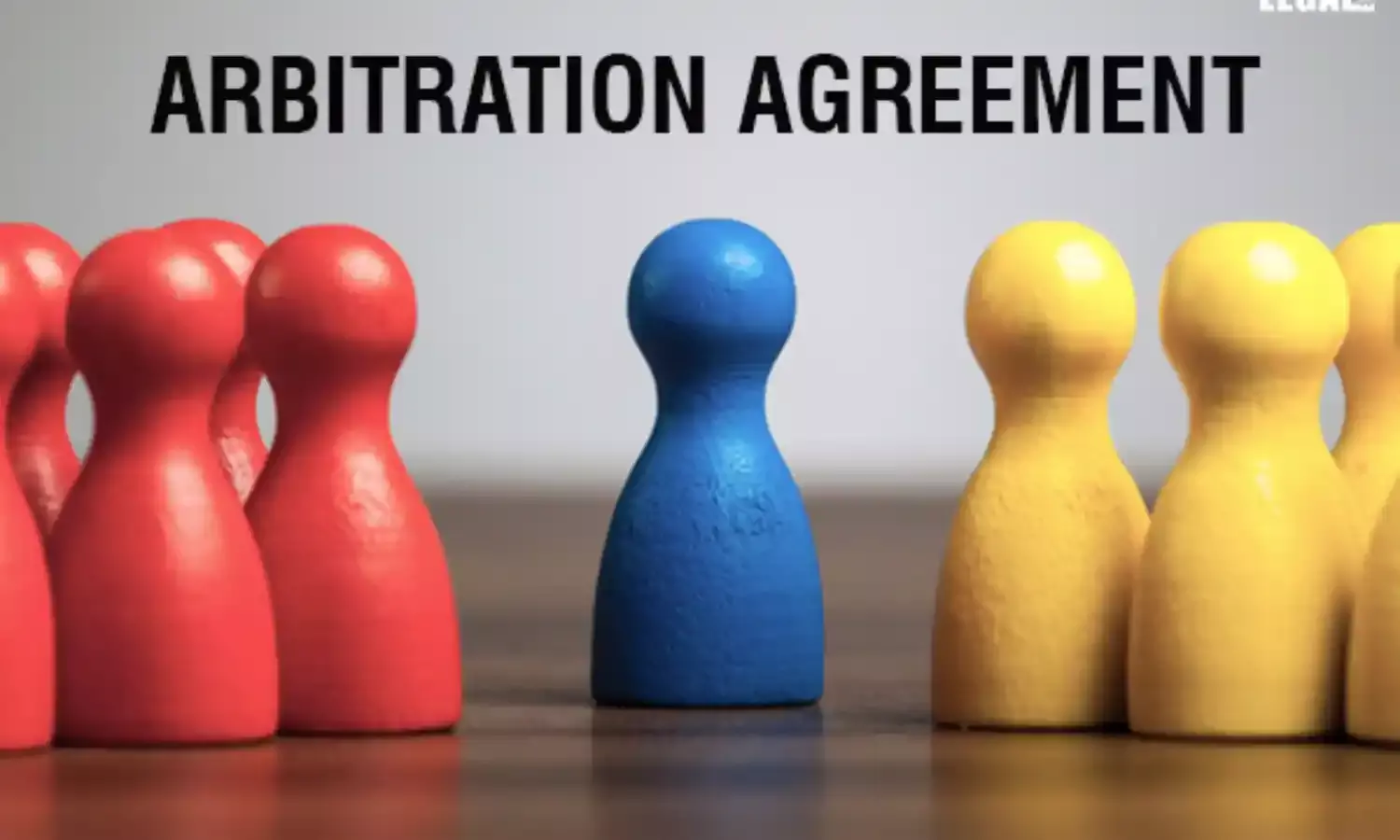Bombay High Court Rules Arbitration Agreement Remains Valid After Main Contract Termination
The Bombay High Court bench comprising Justices R. G. Avachat and Neeraj P. Dhote has ruled that an arbitration agreement;

Bombay High Court Rules Arbitration Agreement Remains Valid After Main Contract Termination
The Bombay High Court bench comprising Justices R. G. Avachat and Neeraj P. Dhote has ruled that an arbitration agreement remains valid even after the termination of the main contract, thereby upholding the arbitration clause for resolving disputes arising from the contract.
The court dismissed a writ petition filed by EBIX Cash Pvt. Ltd. (the Petitioner), which had challenged the termination of its contract for managing the E-ticketing system for city buses in Aurangabad. The petitioner argued that the new tender process for Electronic Ticket Issuing Machines (ETIM) issued by Aurangabad Smart City Development Corporation Limited (ASCDCL) overlapped with its existing contract and was thus unjustified.
The contract awarded to EBIX Cash Pvt. Ltd. followed a tender process, and the company successfully managed the E-ticketing system for over four years. A 'Go Live Certificate' was issued by ASCDCL, acknowledging the successful implementation. However, ASCDCL subsequently issued a new tender, leading the petitioner to argue that this new tender duplicated the scope of their existing work and would cause financial losses.
The petitioner alleged that ASCDCL's actions were mala fide and conducted without lawful excuse, claiming that the reasons cited for the contract termination—such as penalties for software downtime and issues with 'Zero Value Tickets'—were baseless. The petitioner maintained that these issues had been addressed as per the contract specifications and that the termination was done without adequate consideration or reasoning.
The High Court observed that the termination notice issued by ASCDCL cited several technical breaches related to the EBIX system. The notice referred to the Request for Proposal (RFP) document, which included an arbitration clause for dispute resolution.
Referencing the Supreme Court's decision in SBI General Insurance Co. Ltd. v. Krish Spinning and the doctrine of separability under Section 16(1) of the Arbitration Act, the High Court reaffirmed that an arbitration agreement remains effective even if the main contract is terminated. This principle ensures that disputes related to the contract are still subject to arbitration.
The High Court concluded that the dispute between ASCDCL and EBIX Cash Pvt. Ltd. was indeed arbitrable and fell within the scope of the arbitration clause in the RFP.
As a result, the Court found no grounds to entertain the writ petition and dismissed it.


